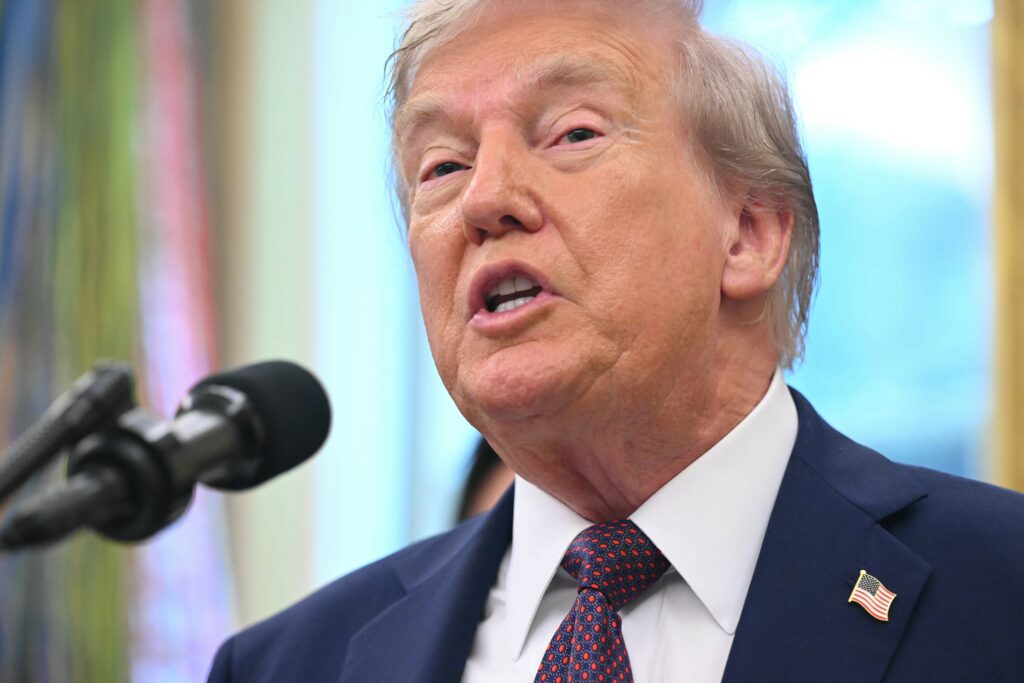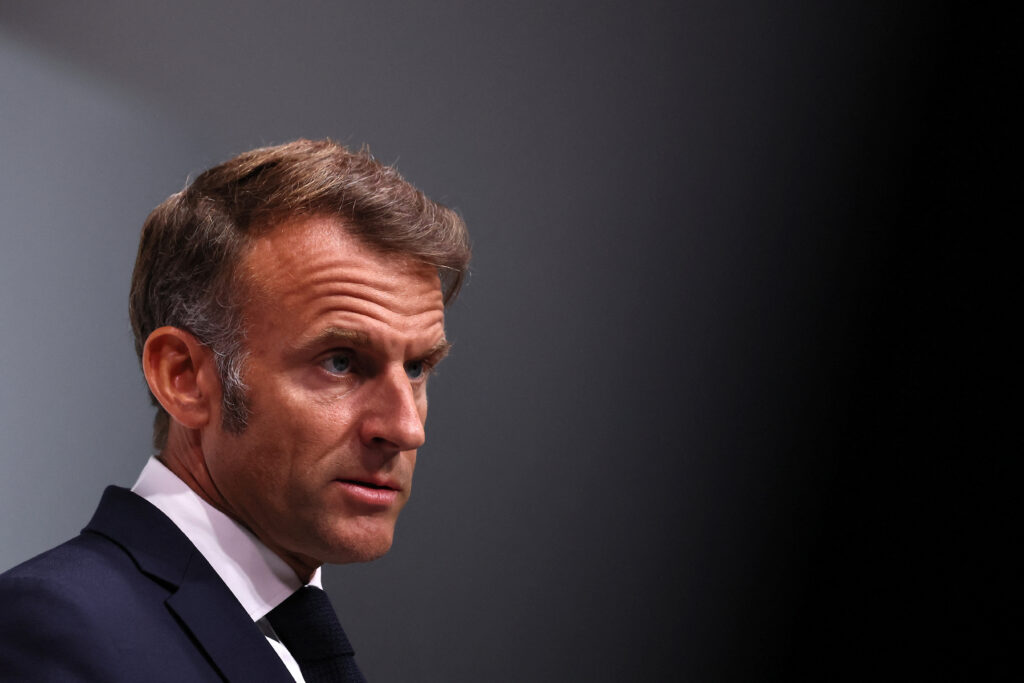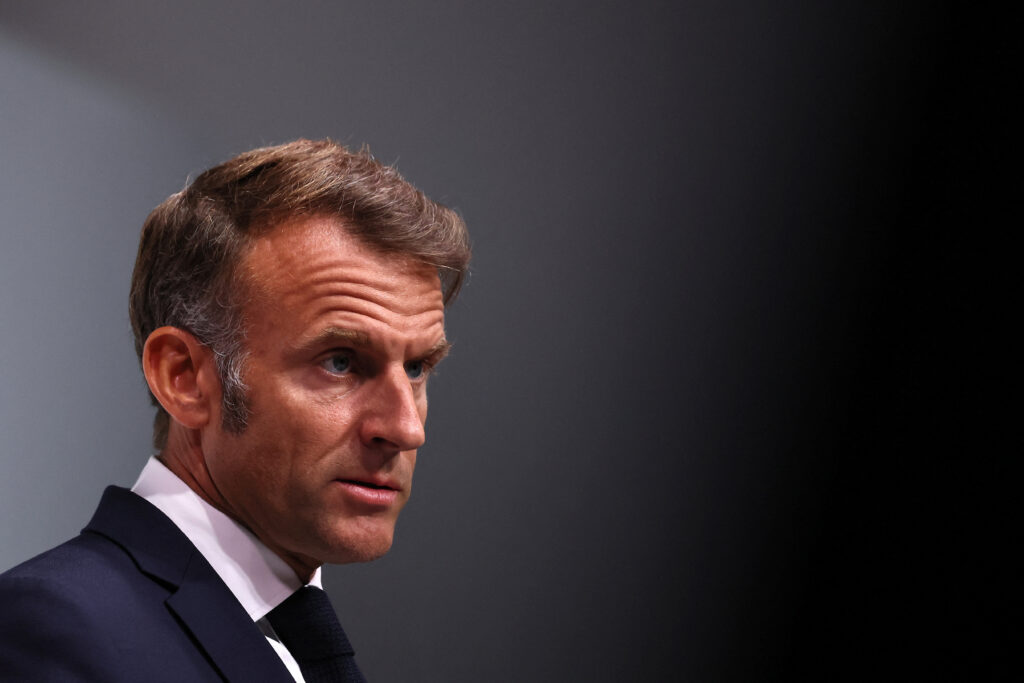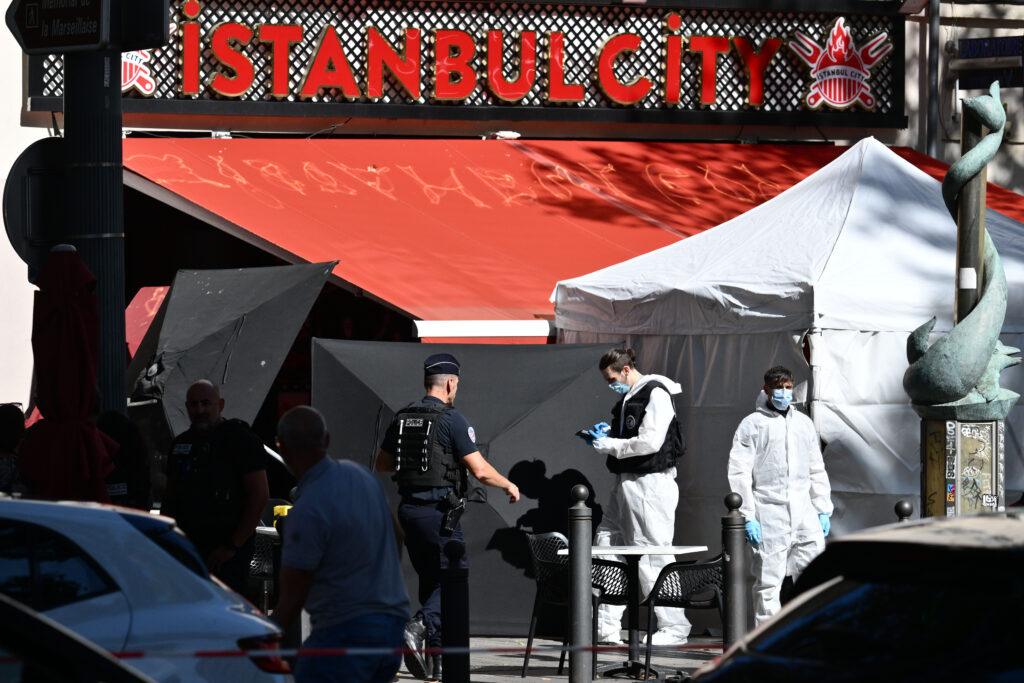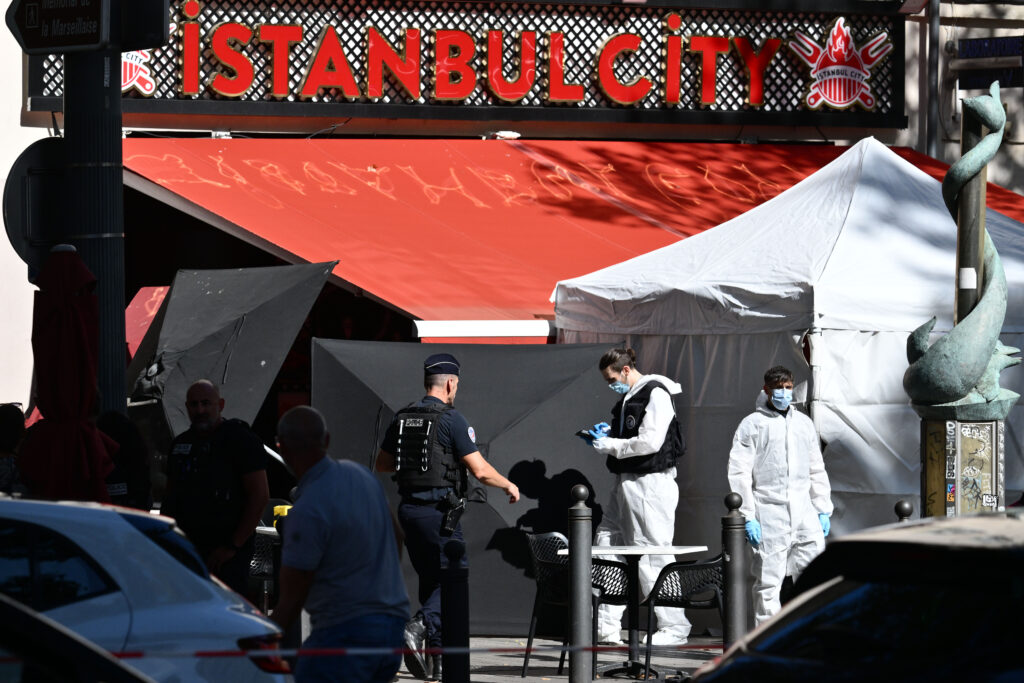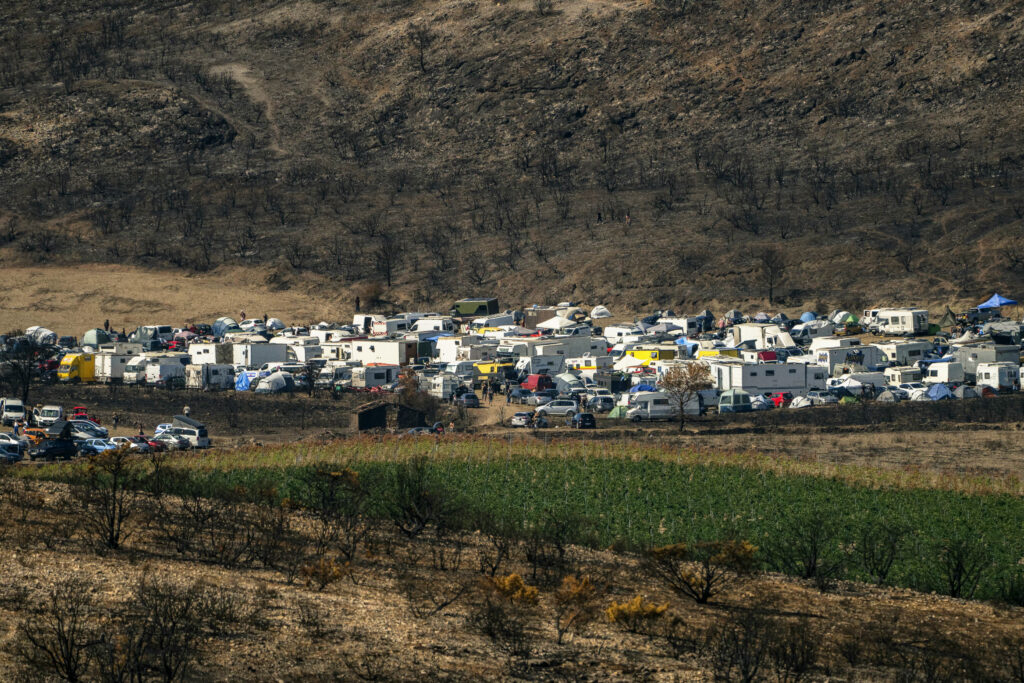Not dead. Trump dismisses health rumors as ‘fake news’
US President Donald Trump on Tuesday dismissed social media rumors that have swirled about his health — including that he had died — as “fake news” during a press conference at the White House.Trump did not schedule any public appearances or hold any press conferences for several days last week, a noticeable absence from the cameras for the publicity-loving 79-year-old.Combined with his age — he is the oldest person ever to be elected US president — and recent images of his bruised hand and swollen ankles, the quiet from the Oval Office ignited widespread speculation that something was seriously wrong with Trump’s health.Many users even suggested that the 45th and 47th US president may have passed away, and that the White House was covering it up.”Really? I didn’t see that,” the Republican said when a reporter on Tuesday asked him jokingly, “How did you find out over the weekend that you were dead?””That’s fake news,” he added as the reporter, Fox News’ Peter Doocy, told him of the speculation.Trump complained that he had done several news conferences last week “then I didn’t do any for two days and they said ‘there must be something wrong with him.'””It’s so fake. ‘Is he ok, how’s he feeling, what’s wrong?'”Trump, who began his second term in office in January, actually had no public events for six consecutive days before Tuesday’s press conference.But he was heard playing music in the Rose Garden on one of those days, and was then seen heading to play golf on three of them over the long US Labor Day weekend.”I was very active over the weekend,” Trump insisted.- Hand make-up -Trump’s right hand however appeared on Tuesday to be heavily made up, as it has on a number of recent occasions.The topic “#trumpdead” continued to trend on Tuesday on the X social network, owned by Trump’s former political ally Elon Musk.In July the White House said that discoloration on Trump’s right hand was “tissue irritation from frequent handshaking” and the use of aspirin as part of a standard cardiovascular treatment.It said his legs were swollen by chronic venous insufficiency, a common, benign vein condition.The condition involves damaged leg veins that fail to keep blood flowing properly.Presidential physician Sean Barbabella said Trump “remains in excellent health” despite the condition, in a letter released by the White House at the time.The billionaire frequently boasts of his good health and energy levels while the administration even posted an image depicting him as Superman.The health of US presidents has always been closely watched, but with the White House seeing its two oldest ever occupants since 2017 the scrutiny is now heavier than ever.Trump has alleged that Democrats covered up the mental and physical decline of his predecessor, Joe Biden, who was 82 when he left office in January.Biden’s health was a key issue in the 2024 election, and the then-president was forced to drop his campaign for a second term after a disastrous debate performance against Trump.
